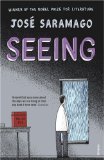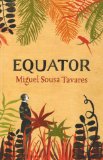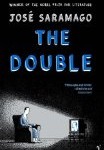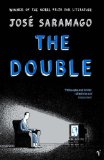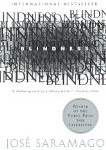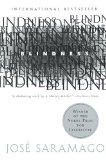
Translated from the Portugese by Margaret Jull Costa
José Saramago won the Nobel Prize for literature in 1998
Blindness is one of my favourite books and so I was looking forward to reading José Saramago’s latest novel – especially as he sadly died in June this year and so this will have been the last book that he wrote.
The Elephant’s Journey is based upon the true story of an elephant who travelled from Lisbon to Vienna in 1551, after being given by the King of Portugal to the Hapsburg archduke as a wedding present. The book details the journey, showing the problems the convey faced and frequently meandering off into bizarre, brief asides.
As usual Saramago showed his sharp insight into the human condition and I found many snippets of wisdom within the pages.
The absence of curious onlookers and other witnesses could be explained by the extremely early hour and the secrecy that had shrouded the departure, although there was one exception, a royal carriage that set off in the direction of Lisbon as soon as elephant and company had disappeared around the first bend in the road. Inside were the king of portugal, dom joão the third, and his secretary of state, pêro de alcáçova carneiro, whom we may not see again, although perhaps we will, because life laughs at predictions and introduces words where we imagined silences, and sudden returns when we thought we would never see each other again.
The plot is almost non-existent, but as usual I loved Saramago’s writing style. The absence of punctuation took a few pages to get used to, but then I started to wonder why anyone bothers with it! I was a bit confused by the capitalisation of various words throughout the book. For example, Lisbon has a capital letter in the passage above, but doesn’t on other occasions. I’d love to know if there is any significance to this or if Saramago was just being random.
This book wasn’t as unique or thought provoking as many of his others and for this reason I recommend that you avoid The Elephant’s Journey until you have fallen in love with some of Saramago’s other books. But if you are already a massive fan then then I think you will find a lot to like in this simple fable.
Recommended.
